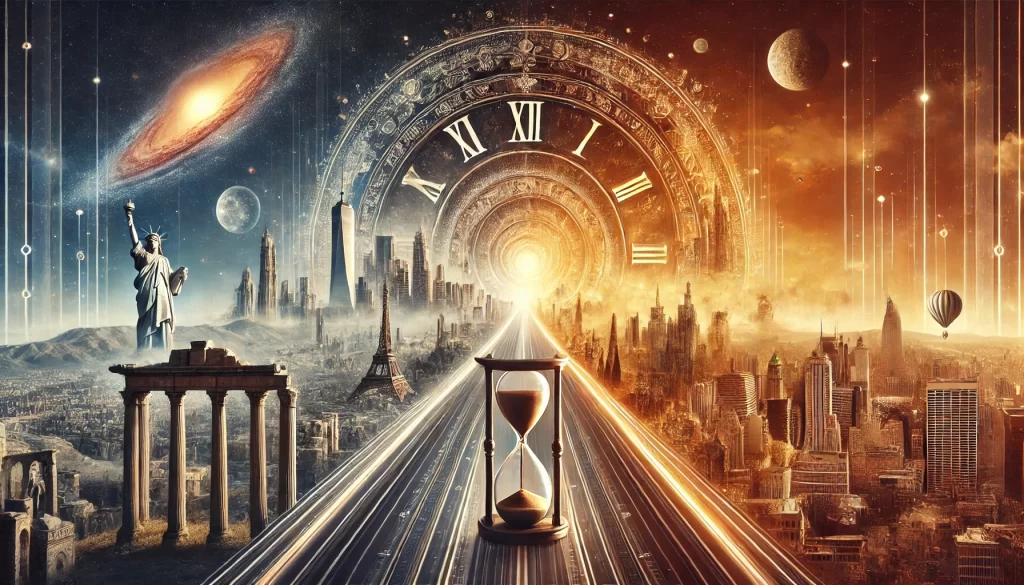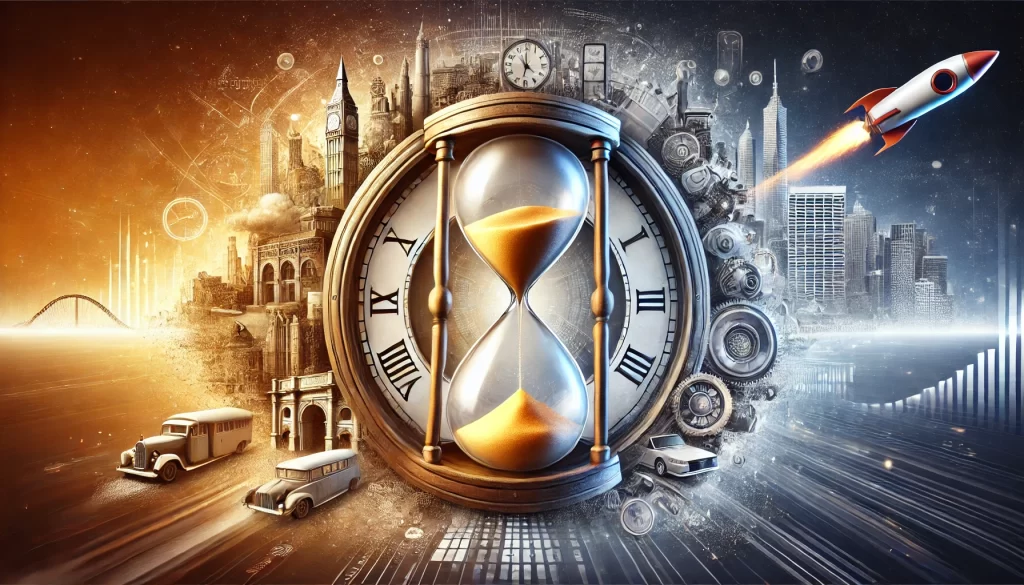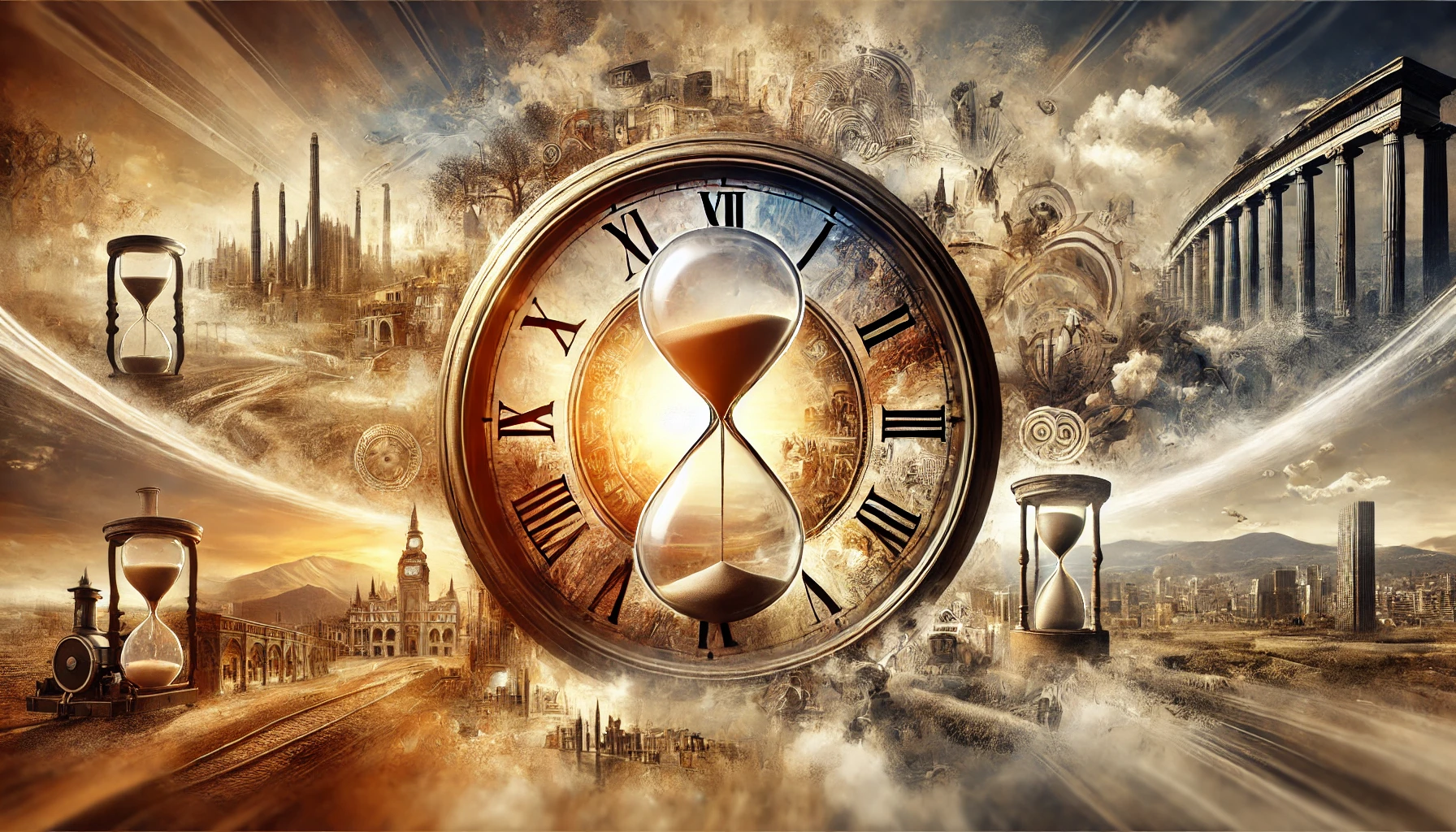Table of Contents
Have you ever wondered how long is a century? The word “century” is something we often hear, but have you ever stopped to think about what it truly means? Simply put, a century is 100 years. But there’s so much more to it! In this article, we will break down everything you need to know about the length of a century and why these 100 years hold so much importance in our history, culture, and even our future.
By the end of this article, you’ll have a clear answer to the question of how long is a century and some fun insights that make these 100-year spans even more interesting.
What Defines a Century?

A century is 100 years. It seems straightforward, but if you think about it, how long is a century really? It’s not just 100 years stacked one on top of the other. Centuries mark significant changes in history, from how we live to how we interact with the world.
Think about it this way: 100 years ago, the world looked completely different. No smartphones, no internet, and no electric cars. That’s the power of a century. Every 100 years, the world shifts in huge ways. This is why centuries are not just markers of time but also progress and change.
When Does a Century Start and End?
Now, you might be asking, “If a century is 100 years, when exactly does it begin and end?” This is where things get interesting. For example, the 20th century started in the year 1901 and ended in 2000. Notice how the numbers don’t start from 1900. This can sometimes confuse people, but centuries actually begin in years ending with “01” and end in years ending with “00.”
So, if you’re wondering how long a century is, think of it as 100 years, starting from a year ending in “01” and closing in a year ending with “00.”
Why Is a Century So Important?

Centuries are not just a way to keep track of time. They serve as powerful historical markers. Over 100 years, societies can go through enormous changes. These periods help historians break down human progress into digestible chunks. By understanding how each century has changed, we can better understand how the world works today.
For example, the 20th century is often called the “century of progress” because of the technological advancements that transformed everyday life. Cars, planes, computers, and the internet all became everyday items during this century. Just think about how life was in 1901 compared to 2000!
Centuries and Human History
If you think about how long a century is, you’ll realize that each one carries its unique historical importance. In ancient times, people lived their whole lives without witnessing much change in technology or society. But today, the pace of change is lightning-fast.
The 21st century, which started in 2001 and will end in 2100, is already shaping up to be a remarkable time with space exploration, the rise of artificial intelligence, and advancements in healthcare. Imagine what the world might look like in the year 2100! It’s exciting to think about.
The Modern Century: What’s Happening Now?
We’re currently in the 21st century. What does that mean? This is the period from 2001 to 2100. If you’re wondering how long is a century, think about all the changes that have already taken place just in the first two decades!
In this century alone, we’ve seen the rise of social media, smartphones, electric cars, and space tourism. Looking back at how far we’ve come in just 20 years, imagine what might happen in the next 80. A century might seem long, but in the grand scheme of history, it passes by faster than you think.
How Do Centuries Shape Our View of Time?
When thinking about how long is a century, it helps us realize the scale of human progress. A century is not just 100 years. It’s a reminder of how quickly the world can change.
Consider this: if you were born in 1920, you’d have lived through two world wars, the invention of the television, the moon landing, the rise of the internet, and so much more. That’s just one person’s life, and all within a century!
Fun Facts About Centuries
Let’s dive into some fun facts about centuries to help you understand how long is a century in a more entertaining way:
- The Oldest Person: The longest human lifespan recorded belongs to Jeanne Calment, who lived 122 years! She lived through more than one century!
- New Centuries Bring New Eras: Every century often has its defining moments. The 19th century saw the Industrial Revolution, while the 20th century was the age of technology.
- Century Plants: Some species of plants, like the agave, bloom only once in a century! It’s a beautiful reminder that even nature marks time in centuries.
- Languages Change: Languages evolve significantly over centuries. If you read a book from the 18th century, you might notice the language feels different. Words change meaning, new slang comes in, and grammar rules shift.
Also Read: Ever Wondered How Long a Century Really Is? Find Out Now
Looking Ahead: What Will the 22nd Century Bring?
Though we are still in the early years of the 21st century, it’s fun to imagine what life will be like in the 22nd century. If you’re wondering how long is a century, think about the massive technological and societal shifts we’re already seeing.
Will we finally have flying cars or colonize other planets? Only time will tell, but one thing is for sure—a century is long enough for some incredible changes to take place.

